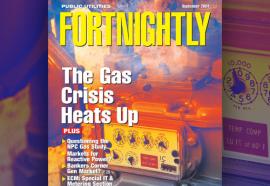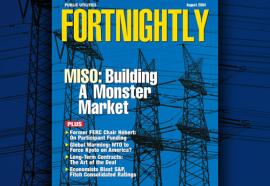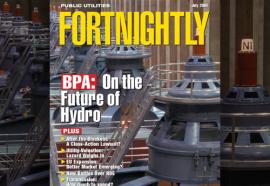The New, New Thing?
At a posh dinner event and conference, industry experts speculate on the issues that could affect the industry in 2005.
It was the most exclusive, and one might say, one of the most extraordinary dinners. Never have I seen so many prominent CEOs, regulators, and financial gurus all in one room, discussing the future of the electric industry.










